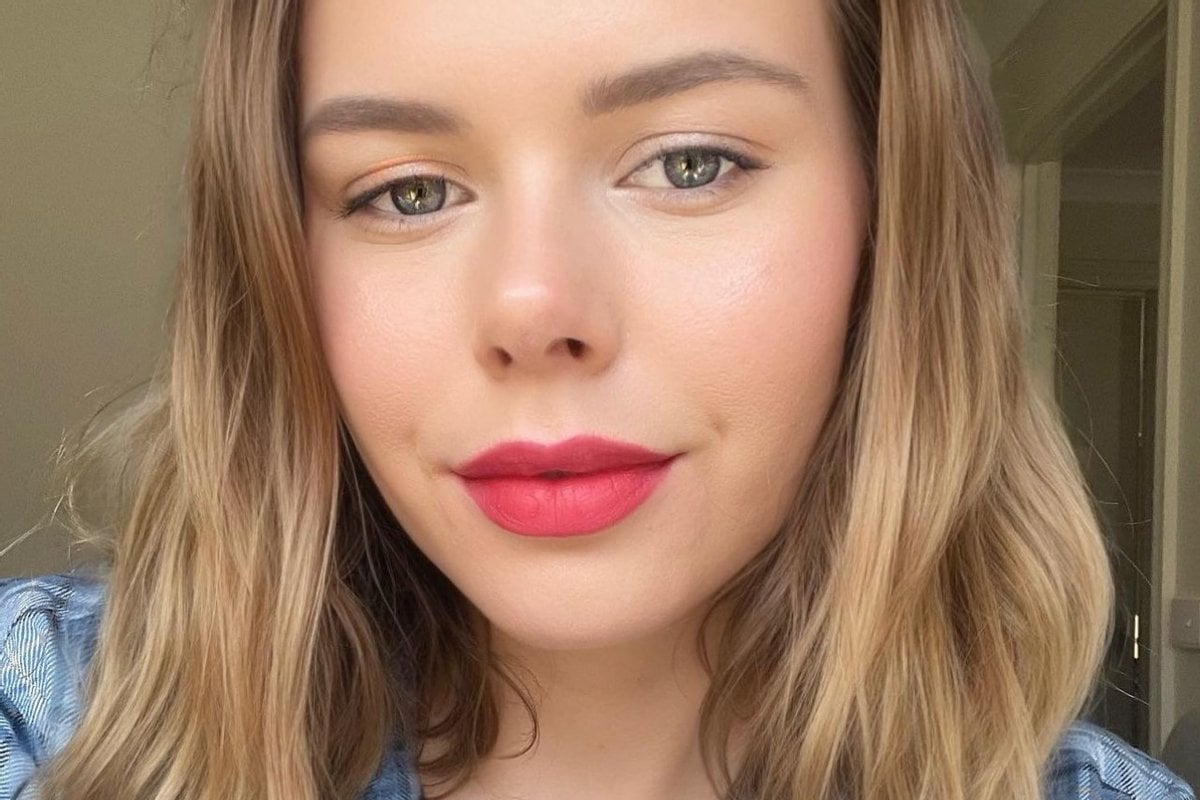
This story mentions suicidal tendencies.
I was 18 when I woke up in a hospital emergency ward. I had an IV in my arm and my dad was at my bedside. My dad, with his hardened military stoicism and disdain for anything resembling sentimentality, was as close to tears as I'd ever seen him. Somewhere in the distance, a nurse was telling me that if I'd had one more drink, I would be in a coma.
I was wearing the crop top and shorts that, three hours ago, I had been dancing in at my friend's backyard birthday party.
My dad began punishing me with questions: "Were you drinking before the party? How much alcohol did you bring? Were you drinking other people's alcohol?"
But I was still drunk, and there was a giant black space in the place where my memory should have been. I knew I had been drinking a lot – much more than my friends had been drinking. I didn't know why. It was like how Labrador owners need to watch their dog's weight because if there's food in front of them, they'll eat it. If there was a drink in front of me, I would drink it. I didn't have the off-switch in my brain to tell me I've had enough.
Watch: Here are just some of the effects after one year without drinking alcohol. Post continues after video.




























































































